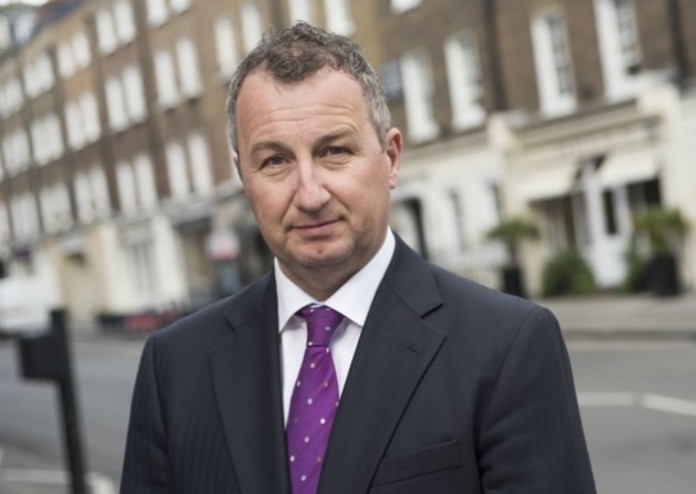Escalating business rates are continuing to put pressure on London’s hotel industry according to latest figures from Colliers International, the global property agency and consultancy. Hotel companies are facing new bills for the year ahead which show the third set of rises since the 2017 Revaluation, with many bills double what they were three years ago. Such bills will need to be paid from April 1st.
Colliers has analysed the business rates rises of 93 London hotels that saw the highest rises in their rateable value (RV) following the 2017 Revaluation.
Colliers found that these hotels in Central London will receive a total rates bill of £12.2 million this year, compared to £4.8 million in 2016/7- more than two and a half times higher. The biggest rise is the Four Seasons in EC3 which saw its rates bills rise from £176,000 in the year before the Revaluation to a bill of over £570,000 this year and the Marriot in W14 who paid £414,500 in 2016/7 but will see a rates bill of over £1 million shortly. That’s a lot of extra rooms to fill at a time when hotels are suffering from the impact of other rising costs including staffing and food costs and the ever-growing competition from Airbnb.
The reason for the hike is because those with high value properties in England (over £100,000 Rateable Value), which constitutes a large part of the London hotel world are affected by ‘upwards phasing’ in their bills and will this year see their rises “capped at 49% plus inflation”. This is on top of 42% increases (plus inflation) in 2017/18 and 32% (plus inflation) in 2018/19 – a combined increase in two years of a staggering 124% plus inflation.
John Webber, Head of Business Rates at Colliers International said, “The London hotel industry is facing increased pressure at the moment from escalating costs and business rates rises are not helping, particularly at a time when the sector is competing with on-line providers such as Airbnb, who do not pay business rates.”
Marc Finney, Head of Hotels and Resorts Consulting at Colliers agreed, “The indirect tax burden on hotels is now becoming a major issue. About twenty years ago a hotel could expect to pay between 0.5%-1.0% of revenues on property taxes (business rates). This is now closer to 5.0-6.0% of revenues. With profit conversion rates in hotels running at about 30-35% at EBITDA level this makes property taxes equivalent to in excess of 15% and is fast approaching the same levels as Corporation Tax.
The UK has always boasted a low level of corporation tax as a reason to establish a business in the UK – but this clearly does not apply to hotels. Moreover, Corporation tax is only paid on profits and after deductible allowances. Business rates are paid at the time and irrespective of whether or not the business is profitable. It is clear that operated real estate is being unfairly penalised by the current system and care should be taken not to kill the Goose that lays the Golden eggs”.
John Webber concluded, “Everyone is talking about how high business rates rises are impacting on retailers and are helping to kill the high street. But other sectors are also impacted. These figures show that the hotel industry, particularly in London, is seeing stiff hikes and combined with rises in theatres and concert venues, does pose questions about the Government’s commitment to our London tourist scene. We need a widespread reform across all sectors of the market.”






















